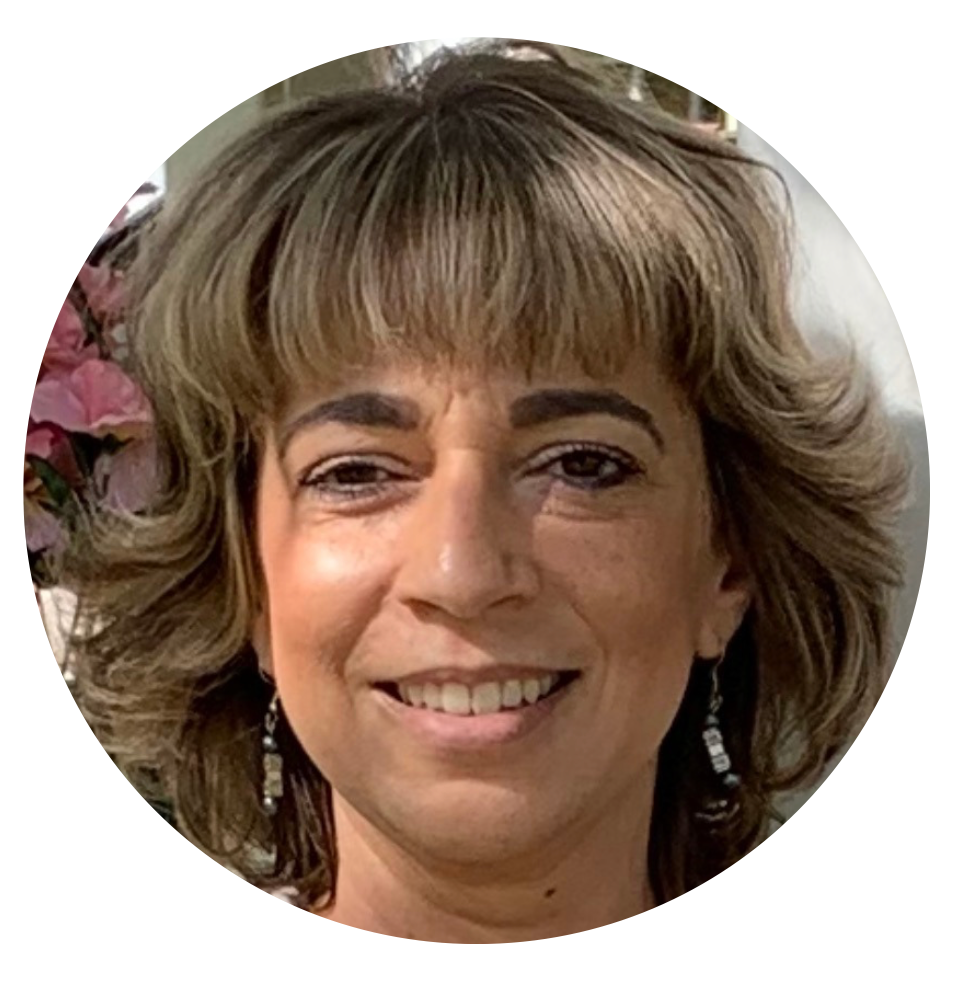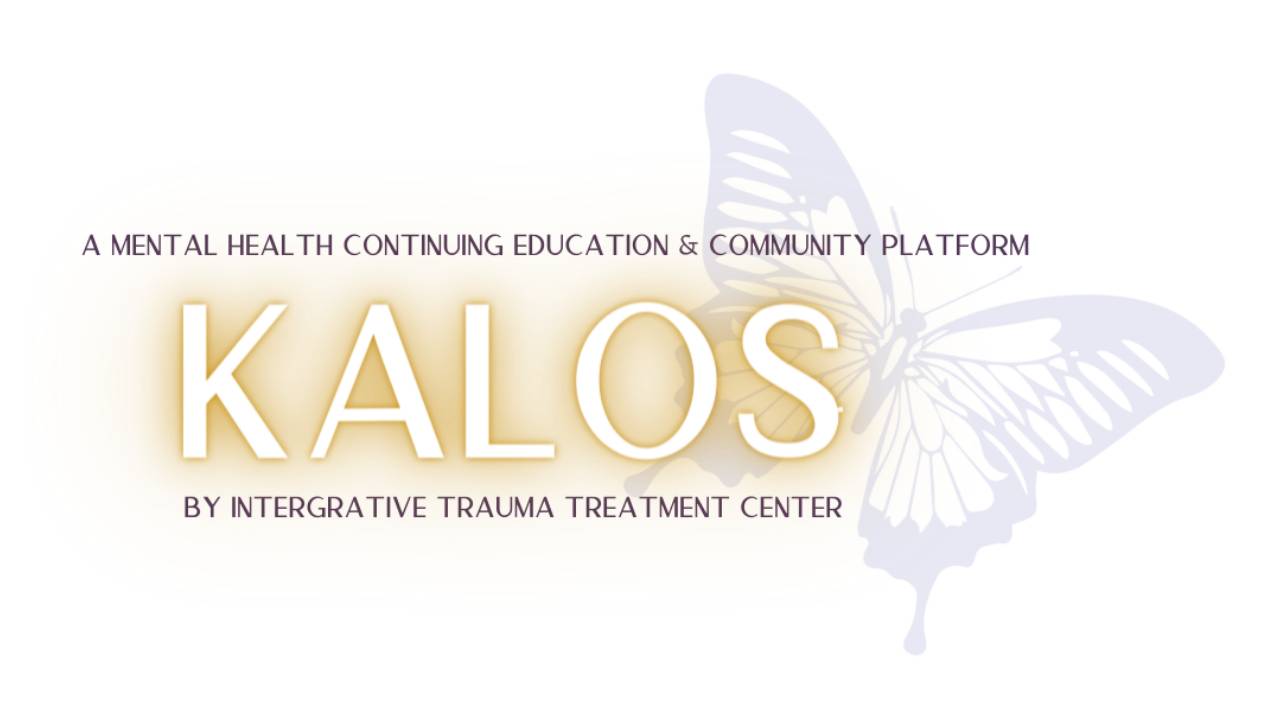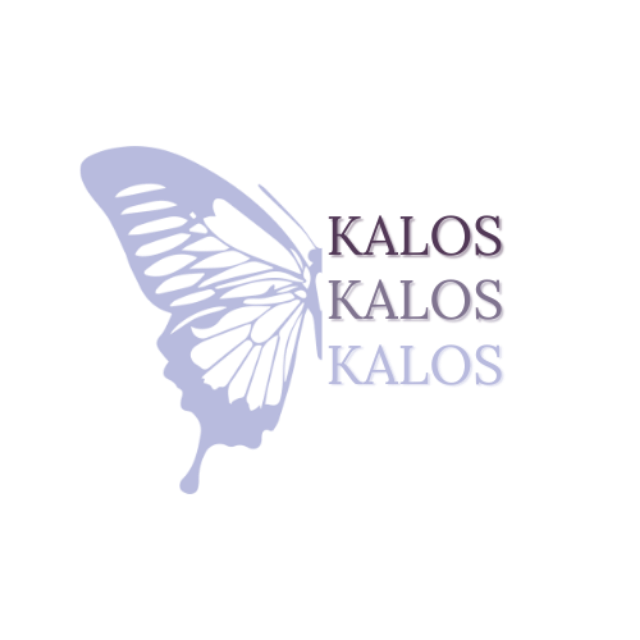Assessment & Treatment of Hoarding Disorder in Older Adults
Hoarding behavior in older adults presents special challenges for practitioners and family members. Careful assessment and treatment planning is essential in treating the disorder.
About This Course
Are you ready to delve into the complexities of hoarding behavior and gain valuable insights into evidence-based interventions? Enroll now in our asynchronous course designed to deepen your understanding of hoarding etiology, effective screening and assessment strategies, and evidence-based cognitive and behavioral interventions.
Participants will be able to...
-
Describe the Etiology of Hoarding Disorder: Gain insights into the complex factors contributing to hoarding behavior. Explore the psychological, environmental, and genetic influences that shape hoarding tendencies, and understand how these factors interact to drive the disorder.
-
Articulate a Thorough Assessment Model and Diagnostic Formulation: Develop a comprehensive assessment model for evaluating hoarding behavior. Learn to identify key indicators, utilize standardized assessment tools, and formulate accurate diagnostic formulations to guide treatment planning.
-
Critically Analyze and Implement Best Practices and Interventions: Explore evidence-based interventions for treating hoarding behaviors and critically analyze their effectiveness. Acquire practical skills and techniques to tailor interventions to individual client needs, promoting lasting change and improved outcomes.
Course admission requirements:
Minimum of a Master's Degree in a mental health or related field; or be a student in social work, psychology, counseling, or a related field. In Low- and Middle-Income Countries, a minimum of a Bachelor's degree in social work, psychology, counseling, or a related field is required.
Enroll in Just this Course
MEET THE PRESENTER
DIANE BIGLER, LCSW, LSCSW
Diane is a Licensed Clinical Social Worker in Missouri and Kansas. She has over 20 years of experience in the fields of psychology, social work and mental health. Diane was an Adjunct Professor of Social Work at The University of Kansas, School of Social Welfare, for over 10 years. She obtained her master's degree in Social Work from KU in 2006, with clinical concentrations in Children & Families and Mental Health. Diane taught classes in the Clinical Master's program, which included: Clinical Social Work Practice, Loss and Grief, Cognitive Behavior Therapy, Family Therapy, Advanced Standing Practice, and Mental Health & Psychopathology. Diane was also a practicum Field Instructor, Field Liaison and Community Education trainer for the School of Social Welfare. Diane has facilitated hundreds of trainings to mental health professionals, physicians and nurses, teachers, police officers, business personnel, and local City Council members. Diane enjoys the creativity that comes with envisioning and designing trainings, and aims to provide trainings that are informative, engaging and skill-building. She has customized and facilitated leadership and corporate trainings to EAP clients on wellness and business topics.

Course Materials
- Prerecorded Video (Assessment & Treatment of Hoarding Disorder in Older Adults: 4 hours & 2 minutes )
- Presentation
- Quiz
- Presentation Feedback Survey
- Certificate of Completion*
*A passed quiz of at least 80% and a completed feedback survey required for certificate.
Continuing Education (CE) hours
4 NBCC CE hours are available for licensed mental health providers. Please check with your licensing board to confirm that NBCC CE hours are accepted.
Integrative Trauma Treatment Center (ITTC) has been approved by NBCC as an Approved Continuing Education Provider, ACEP No. 6912. Programs that do not qualify for NBCC credit are clearly identified. Integrative Trauma Treatment Center (ITTC) is solely responsible for all aspects of the programs.

Become a Member!
A monthly subscription to ITTC’s Professional Learning Community, KALOS Includes:
- Unlimited Access to asynchronous courses and workshops with more being added all the time.
- Access to the Learning Community where you can connect with colleagues worldwide.
- Discounts on our live events like trainings, webinars, retreats, and our Trauma Summit.
All courses offer continuing education credits unless otherwise indicated.
Join KALOS
